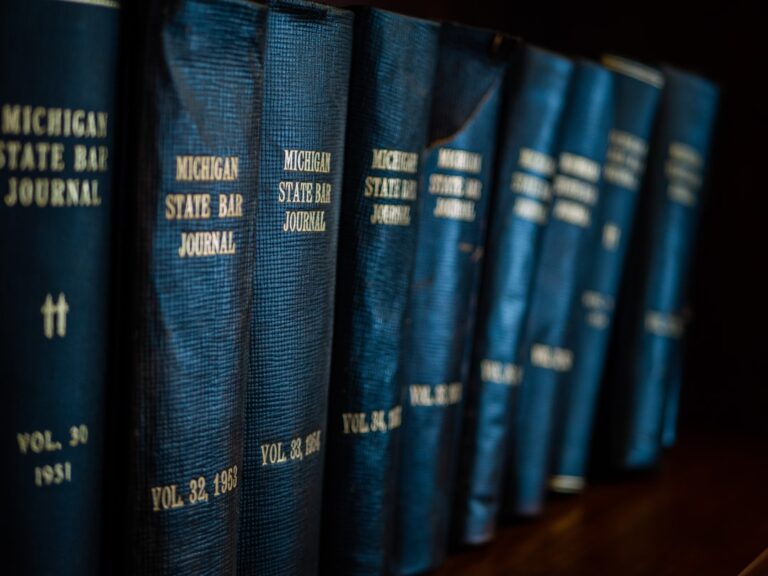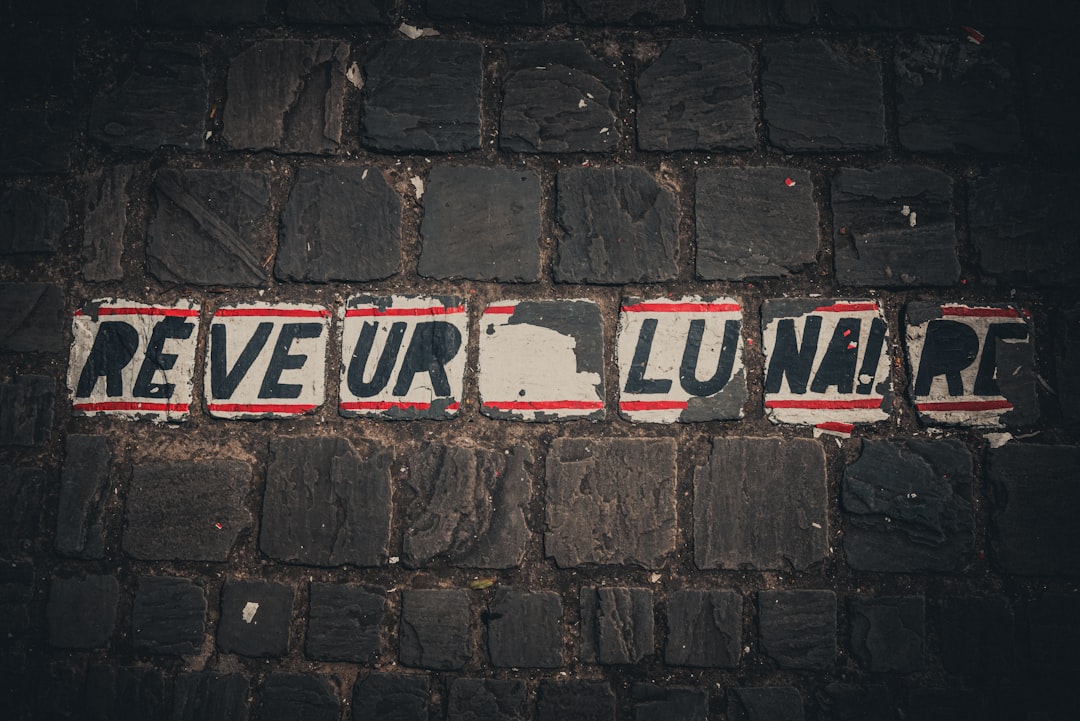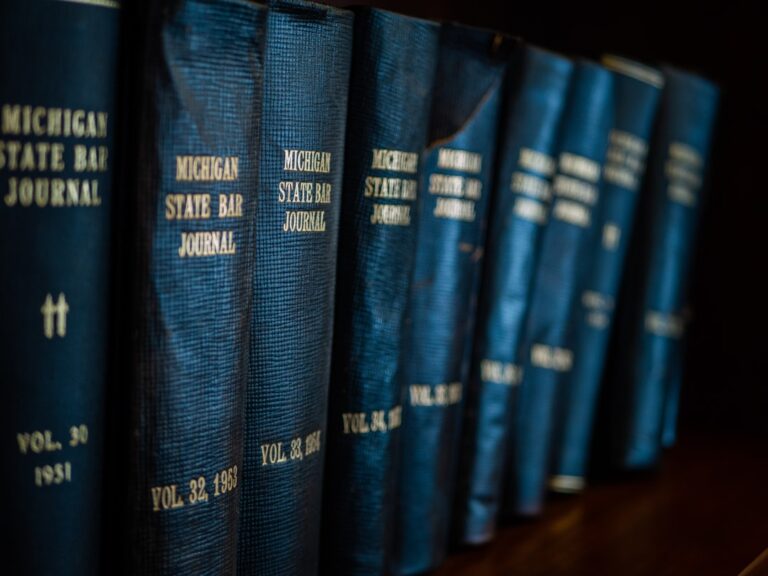Chicago's diverse landscape is supported by a robust legal framework for protecting its young residents. Specialized child abuse law firms in Chicago IL collaborate with authorities to conduct vital forensic interviews, prioritizing safety and non-judgmental environments to minimize trauma and gather accurate evidence. These firms educate victims and caregivers, use age-appropriate techniques, and advocate for comprehensive support post-interview, including legal advocacy and emotional counseling, ensuring holistic healing for child abuse survivors.
In Chicago, Illinois, the effective handling of child abuse cases hinges on meticulous forensic interviews that extract crucial information from young victims. This article delves into the intricate process, guided by Chicago’s robust legal framework for child protection. We explore the significance of forensic interviews in securing justice and healing for abused children. From preparation strategies to best practices and post-interview support, learn how a child abuse law firm in Chicago IL navigates this sensitive landscape, ensuring every victim receives advocacy and care they deserve.
Understanding Chicago's Legal Framework for Child Protection

Chicago, home to one of the largest and most diverse populations in the US, has a robust legal framework aimed at protecting its youngest residents. The city’s child protection laws are designed to ensure that child abuse victims receive prompt and thorough investigations, with a particular focus on supportive, sensitive interviews that encourage honesty from traumatized individuals.
A child abuse law firm in Chicago IL plays a crucial role in navigating this legal landscape. These attorneys specialize in representing victims and their families, providing legal counsel tailored to the unique needs of child abuse cases. They work closely with law enforcement agencies, including the Chicago Police Department, to ensure that interviews are conducted in compliance with state laws, regulations, and best practices, thereby upholding the rights and dignity of every child involved.
The Role of Forensic Interviews in Child Abuse Cases

Forensic interviews play a pivotal role in Chicago child abuse cases, serving as a crucial tool for investigators and prosecutors. Conducted by trained professionals, these interviews aim to gather detailed accounts from young victims, helping to uncover the truth while minimizing further trauma. Expertly facilitated, forensic conversations can provide vital evidence, offering insights into the nature and extent of the abuse, and guiding legal strategies at Chicago’s child abuse law firm IL residents trust.
This meticulous process involves specialized techniques to ensure the accuracy and reliability of a child’s testimony. By creating a safe, non-judgmental environment, interviewers encourage honest communication, allowing victims to share their experiences without fear or coercion. The insights gleaned from these discussions can lead to more effective legal outcomes, ultimately supporting the justice system’s efforts to protect vulnerable children in Chicago and beyond.
Preparing Child Victims for Sensitive Interrogations

Preparing child victims for sensitive interrogations is a crucial step in ensuring effective and accurate forensic interviews in Chicago, as guided by the city’s child abuse laws. Professionals at a reputable Chicago IL child abuse law firm emphasize the importance of creating a safe and comfortable environment to help children feel secure during the process. This preparation involves educating both the victim and their caregivers about what to expect, using age-appropriate language, and providing opportunities for them to ask questions. The goal is to minimize trauma and anxiety, allowing children to offer detailed and reliable accounts of any abuse they’ve experienced.
Additionally, trained interviewers employ various techniques such as using dolls or drawing boards to assist younger victims in expressing themselves. These methods enable children to communicate their experiences in a way that feels natural and less intimidating. This meticulous preparation not only enhances the accuracy of the forensic interviews but also plays a vital role in supporting justice for child abuse victims in Chicago.
Best Practices for Conducting Effective Interviews

Conducting effective forensic interviews with child abuse victims is a delicate and crucial task for the Chicago Police Department. Best practices emphasize the importance of creating a safe, non-judgmental environment to encourage open communication. Trained officers should adopt a child-centered approach, allowing young witnesses to share their experiences at their own pace, using age-appropriate language and visual aids.
A reputable child abuse law firm in Chicago, IL, often recommends the use of structured interview techniques while remaining flexible to adapt to each unique situation. This involves careful listening, maintaining eye contact, and asking open-ended questions to draw out detailed narratives. Officers must also be mindful of potential triggers and ensure victims feel supported throughout the process, promoting accurate and reliable information gathering for subsequent legal proceedings.
Post-Interview Support and Legal Advocacy for Survivors

After a forensic interview, the Chicago Police Department works closely with local child abuse law firms and advocacy groups to provide comprehensive support for survivors. This post-interview phase is crucial in ensuring that victims receive the necessary care and legal protection.
Many of these organizations offer specialized services tailored to meet the unique needs of child abuse survivors. They provide emotional counseling, legal advocacy, and assistance in navigating the complex justice system. A dedicated child abuse law firm in Chicago, IL, for instance, can help with criminal proceedings, custody battles, and accessing government benefits, all while advocating for the survivor’s best interests. This collaborative approach ensures that victims are not only protected legally but also have access to resources that support their long-term healing and recovery.





